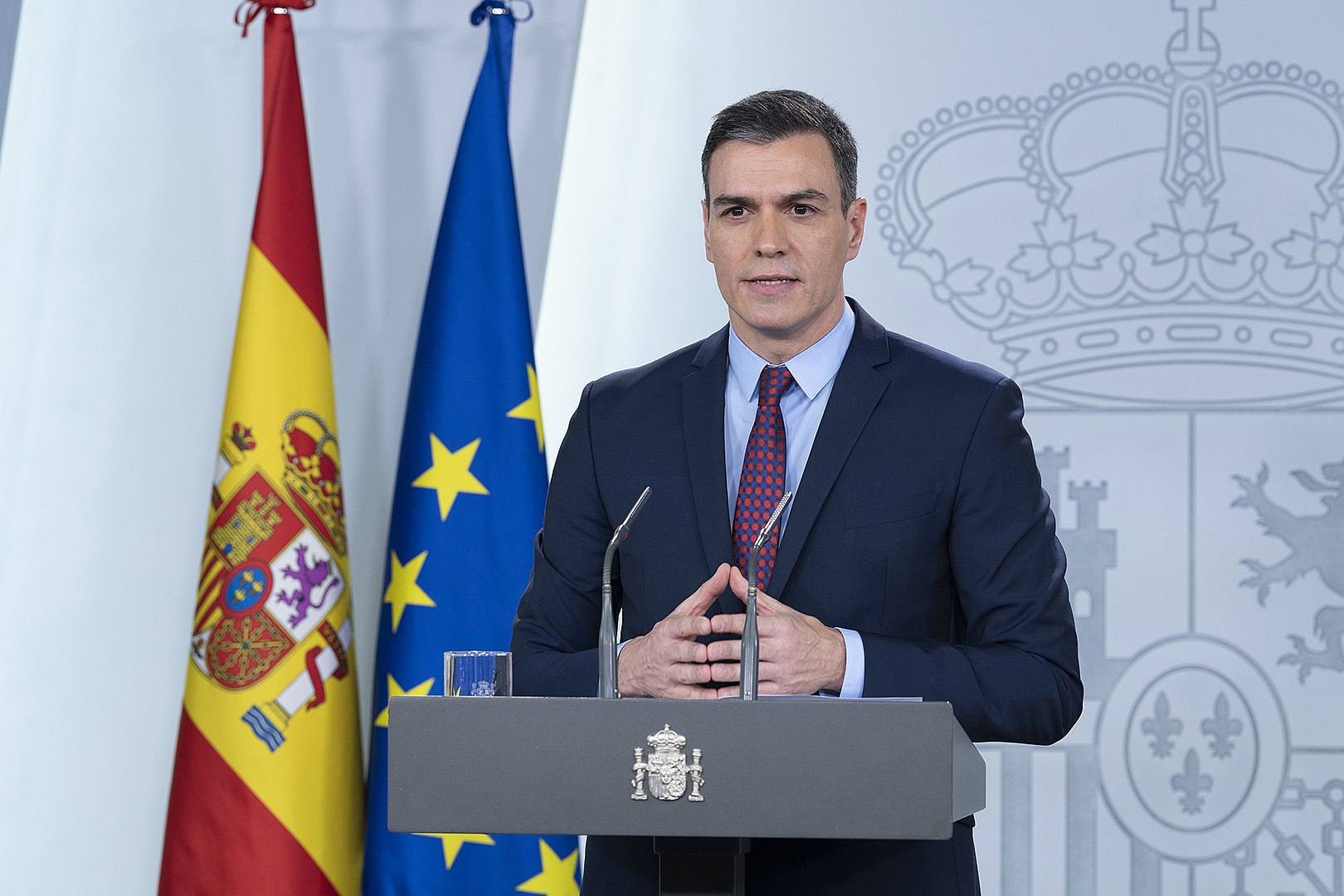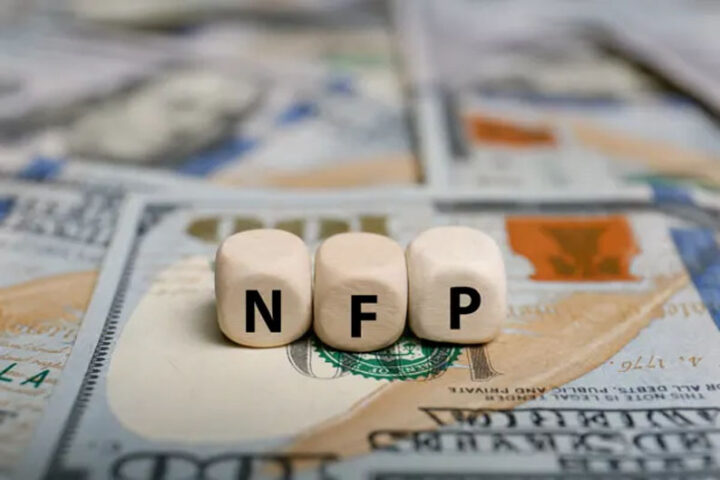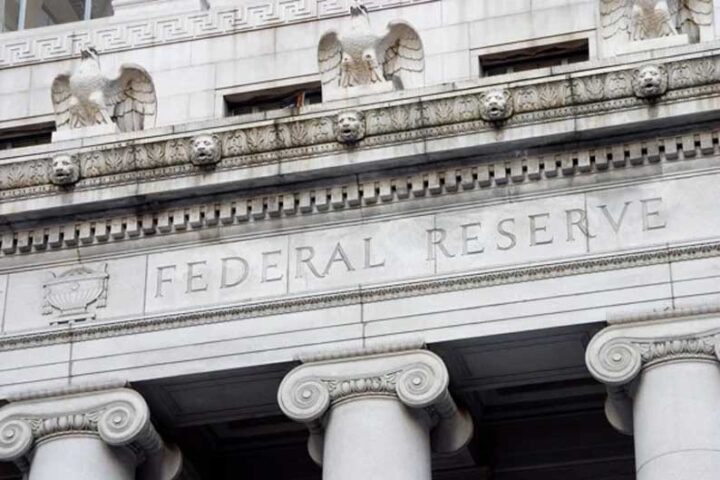Pedro Sánchez was re-elected as Prime Minister by the Spanish Congress on Thursday and will likely lead a coalition government of the centre-left Partido Socialista Obrero Español (PSOE) and left Sumar parties.
This ends a few months of political stalemate, after which Spain will have a fully functioning government, according to DBRS Morningstar.
Sánchez obtained 179 votes out of 350 in congress with support from pro-independence Catalan parties (Esquerra Republicana de Catalunya (ERC) and Junts per Catalunya) and other regional parties.
DBRS Morningstar said it views positively the formation of a Spanish government with a mandate to continue advancing on its Recovery Plan.
While the potential implications from the amnesty law remain unclear, it added that Spain’s institutional checks and balances mitigate concerns over rule of law.
The rating agency said it does not expect any direct implications for Spain’s credit rating from a potential debt relief to be provided to the regions by the central government.
Pedro Sánchez will face the complex task of reducing Spain’s fiscal deficit, while honouring the various political agreements that led to his investiture, especially as cyclical headwinds are fading.
PSOE has reached costly agreements with the different forces backing his investiture bid, that could complicate the reduction of the fiscal deficit envisaged in the Updated Stability Programme 2023-2026 and the recently published 2024 Draft Budgetary Plan.
“While fiscal pressures could increase during this legislature, the fiscal risks will be limited by the re-activation of European Union fiscal rules —either old or new— and the previous government’s track-record of gradually implementing responsible fiscal policy.
A fully functioning government, with sufficient support in parliament, should reignite the implementation of the pending legislative milestones and speed up future EU disbursement requests under the Recovery Plan, the rating agency said.
Implement reforms
“Spain’s ability to implement its committed reforms and fully absorb the NGEU funds will remain crucial to raise medium-term growth prospects and to deliver on its long-term investment plans, especially as fiscal deficits will need to be contained and high interest rates will likely weaken investments. The updated Spanish Recovery Plan, if fully implemented, will mobilise up to €163 bln during 2021–26 (more than 12% of GDP).
“On the other hand, the agreements between PSOE and the Catalan pro-independence parties, and in particular, the submission of an amnesty law to Congress have raised concerns over the rule of law by the political opposition, parts of the Spanish society, as well as different independent associations.”
DBRS Morningstar said the medium to long-term political and social implications of the potential approval of the amnesty law are unclear at this stage.
In any case, it considers that Spain’s institutional checks and balances mitigate concerns over rule of law. If passed, the Spanish Constitutional Court is expected to rule on its constitutionality in the coming months.
Another source of uncertainty relates to the potential debt relief to be provided to the Autonomous Community of Catalonia by the central government, included in the political agreement between PSOE and ERC, which could be extended to other regional governments.
DBRS Morningstar said it will assess the initiative once more information on the criteria or parameters or on its implementation becomes available. This could take several months.
The rating agency added that it does not expect any direct credit ratings implications for the Kingdom of Spain (rated “A”, Stable) to be triggered by this financial operation.
If implemented, the general government debt level and interest burden will likely remain broadly unchanged. Nevertheless, the write-off would shift the financial burden from the regional government to the central government and this could have effects on the wider institutional and financial relationship between the central government and the autonomous communities.
Finally, the relatively comfortable majority backing Pedro Sánchez’s investiture suggests that the government will have sufficient support to pass a budget law for 2024, DBRS Morningstar said.
“However, the durability of the government will most likely face tests. In particular, there is a risk that pro-independence parties might decide to withdraw their support if they assess that insufficient progress has been made on their respective political agreements, for example the implementation of the amnesty law.”










